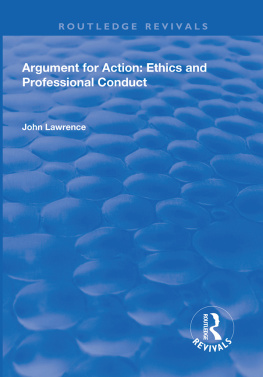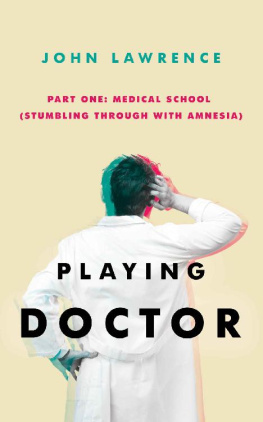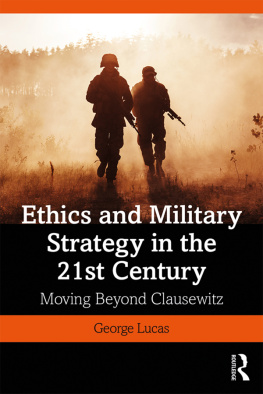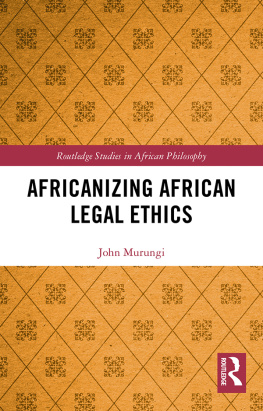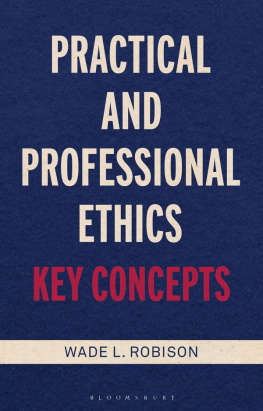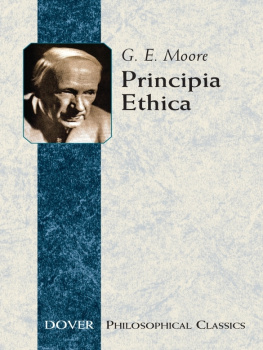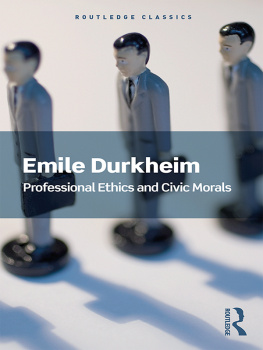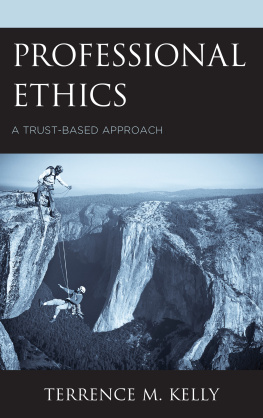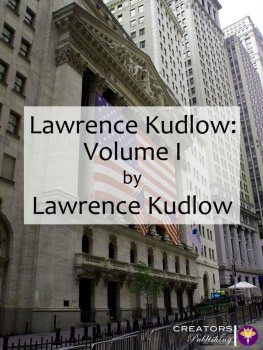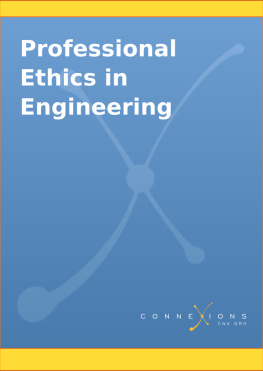ARGUMENT FOR ACTION: ETHICS AND PROFESSIONAL CONDUCT
John Lawrence has taught social policy for thirty years, taking a special interest in the ethical justification of policy and of professional intervention. He is a graduate of the Universities of Adelaide and Oxford, and of the Australian National University. Australias first Professor of Social Work, he headed the School of Social Work at the University of New South Wales for fourteen years, chaired the Universitys Faculty of Professional Studies, was a member of the University Council, and was centrally involved in the development of its Social Policy Research Centre, a national centre directly funded by the Australian Government. A former federal president and life member of the Australian Association of Social Workers, he has served on its National Ethics Committee. For eight years, he was an elected member of the Executive Board of the International Association of Schools of Social Work. He has had membership of the governing bodies of community agencies, including a vice-presidency of ACOSS (Australian Council of Social Service). He is a firm advocate of international experience, and has spent almost seven years away from his native Australia, studying, researching, teaching and acting as a consultant in England, the United States, Canada, Thailand and Sweden. This has been assisted by various awards - a Rhodes scholarship, Fulbright senior awards, the Moses Distinguished Professorship at Hunter College in New York, and a Canadian Commonwealth Fellowship - and university study leave and exchange arrangements. He is a Member of the Order of Australia.
First published 1999 by Ashgate Publishing
Reissued 2018 by Routledge
2 Park Square, Milton Park, Abingdon, Oxon, 0X14 4RN
711 ThirdAvenue, New York, NY 10017, USA
Routledge is an imprint of the Taylor & Francis Group, an informa business
Copyright John Lawrence 1999
All rights reserved. No part of this book may be reprinted or reproduced or utilised in any form or by any electronic, mechanical, or other means, now known or hereafter invented, including photocopying and recording, or in any information storage or retrieval system, without permission in writing from the publishers.
Notice:
Product or corporate names may be trademarks or registered trademarks, and are used only for identification and explanation without intent to infringe.
Publishers Note
The publisher has gone to great lengths to ensure the quality of this reprint but points out that some imperfections in the original copies may be apparent.
Disclaimer
The publisher has made every effort to trace copyright holders and welcomes correspondence from those they have been unable to contact.
A Library of Congress record exists under LC control number: 98074840
ISBN 13: 978-1-138-60945-7 (hbk)
ISBN 13: 978-1-138-60946-4 (pbk)
ISBN 13: 978-0-429-46333-4 (ebk)
The intrinsic interest and worth of much of professionals work can keep them going, but without expressions of genuine gratitude both given and received, professional life can become impersonal and sterile. Clearly, for this kind of book, I owe a very wide debt of gratitude - to my parents, my teachers, my professional colleagues, my students, and particularly to those whose writing has contributed to my understanding of ethics and the professions.
I have been working on this book since 1983 - at first spasmodically, and then consistently in more recent years. Six months at the Social Welfare (now Social Policy) Research Centre at The University of New South Wales, and twelve months as the Moses Professor at Hunter College, City University of New York, gave me invaluable clear time and stimulating colleagues, to get on with the highly ambitious task I had set myself.
It seems invidious to mention particular people, but I must mention and thank at least some. Damian Grace, Jim Lawrence, Peter Linklater, Jill Roe, and Tony Vinson, all willingly read the completed manuscript and provided helpful comment. Tony Vinson played an additional special role in providing comments on work-in-progress for , and who made possible my time at Hunter. Others who have been of assistance in a variety of ways include: Mimi Abramovitz, Diane Barnes, Werner Boehm, Natalie Bolzan, Guido Calabresi, Miriam Dinerman, Howard Goldstein, Charles Guzzetta, Virginia Held, Terry Hokenstad, Austin Hukins, Adam Jamrozik, Ruth Lawrence Karski and Pierre Karski, Paul Kurzman, Bruce Lagay, Peter Lawrence, Phyllida Parsloe, Florence and Joseph Vigilante, and Sylvia Wenston. Finally, the unfailing love, support, and intelligent criticism of my wife, Trish, have been essential to the completion of this and many other projects.
Why is it especially important for professions and professionals to be able to justify morally their actions? The brief answer is - because their knowledge and their skills place them in positions of considerable trust and power in modern society. However, it is only reasonable to give them this trust and power if it is going to be used for morally justified purposes. A crucial feature of a profession is hence its so-called ethics which supposedly guarantees that a profession serves rather than exploits the society in which it operates. Moral or ethical reasoning provides grounding argument for appropriate action.
Professional ethics has become the focus of a great deal of recent writing within individual occupations and, to some extent, more generally. What makes this particular book distinctive is the breadth and nature of its argument - that in the modern world ethical justification needs to be grounded in rational action for human well-being; and that justifiable professional conduct is not reasonably grounded unless and until it can be related to this basic value. It challenges and supplements the many narrower publications which concentrate on the ethics of particular occupations. It helps each occupation to identify its contribution to society and to understand the argument in which it must engage if it is to provide adequate justification for its conduct. The specialized nature and power of professional occupations make this task both more difficult and more pressing. The book links the relatively recent rediscovery of ethics with the continuing significance of the idea of professionalism in modern societies affected by Anglo-American traditions.
The work has been written for all who are interested in and affected by the Anglo-American traditions of professionalism and are willing to read and follow an extended argument. It should be of particular interest to people who are dealing with professions and professionals, to those who are developing, leading and educating professional occupations, to those who are engaged in professional practice and are members of professional associations, and to those increasing numbers who are teaching, and undertaking a course on professional ethics. It should also capture the interest of anyone who puzzles about the nature of ethics in the modern world.
The work is divided into two parts. provides an intellectual framework for addressing ethical issues if human well-being is accepted as the prime justificatory value for human conduct. These first two chapters suggest what might be seen as a reasonable basis for ethical choice in the modern world.
The rest of the book concentrates on a particular form of human conduct, professional conduct, which calls for justification because of the influence of professions and professionals on human well-being. builds on the previous chapter in providing an analytical model of what the term professional conduct might refer to in any particular instance of individual or collective conduct.

